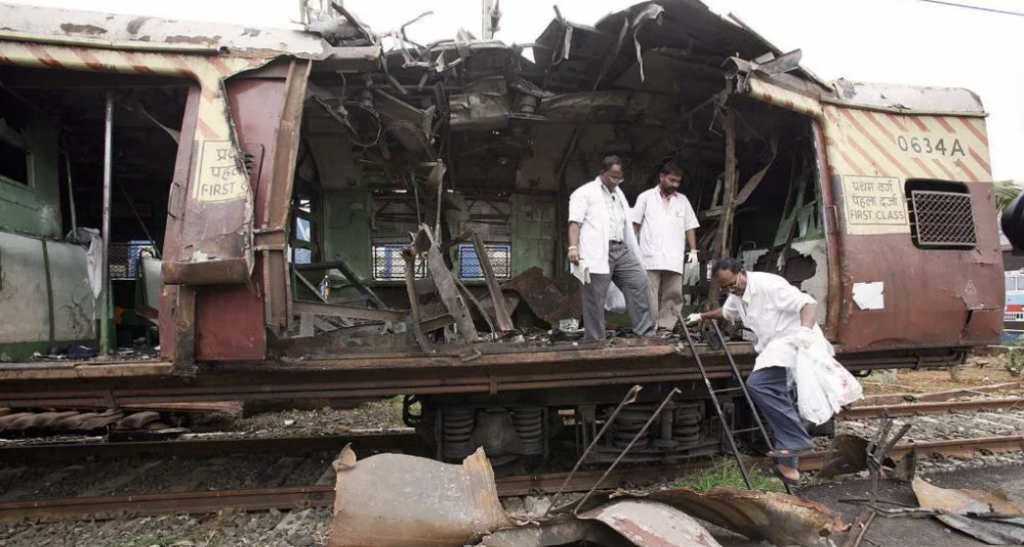Mumbai, July 21, 2025 The Bombay High Court has acquitted 12 men previously convicted over the 11 July 2006 Mumbai suburban train bombings that killed 187 people and injured more than 800. In setting aside the 2015 trial court verdict, the two-judge bench said prosecutors had “utterly failed” to establish that the accused committed the offences.
The ruling quashes death sentences imposed on five of the accused and life imprisonment terms on the remaining seven. One of the five originally sentenced to death, Kamal Ansari, died of Covid-related complications in 2021 after spending years in custody. The men, arrested shortly after the blasts, have remained behind bars throughout the long appeals process.
The High Court’s 667-page judgment followed a fast‑tracked review initiated in July 2024. Across roughly six months, the bench held more than 75 sittings, heard 92 prosecution witnesses and over 50 defence witnesses, and examined a large volume of documentary and forensic material.
Defence lawyers attacked the credibility and consistency of key prosecution witnesses, challenged the voluntariness and reliability of alleged confessional statements, and questioned the chain of custody for physical evidence. The court recorded submissions that critical exhibits were not kept sealed throughout, raising concern about possible tampering or contamination.
In 2015, a special court had convicted the group of murder, criminal conspiracy and waging war against the country under anti-terror provisions. Investigators at the time alleged links to Islamist militants operating with external backing, claims publicly denied by the neighbouring country most often referenced.
The 2006 blasts involved seven pressure‑cooker bombs concealed in commuter bags during the evening rush hour and detonated within about six minutes. Explosions struck trains or platforms at Matunga, Khar, Mahim, Jogeshwari, Borivali and Mira Road, most in first‑class compartments crowded with workers heading home from the city’s financial districts.
Following Monday’s acquittals, prosecutors retain the option of challenging the decision in a higher court.
The judgment, delivered nearly nineteen years after the attacks and ten years after the convictions, is likely to revive debate over terrorism investigations, evidentiary standards and the prolonged incarceration of suspects in extended appeals. Survivors’ families and advocates for the cleared men will be watching whether compensation, rehabilitation or further litigation follows. Given the scale of the 2006 bombings, among the deadliest on India’s rail network, analysts expect the ruling to be closely studied nationwide.

